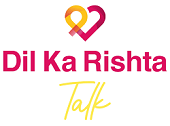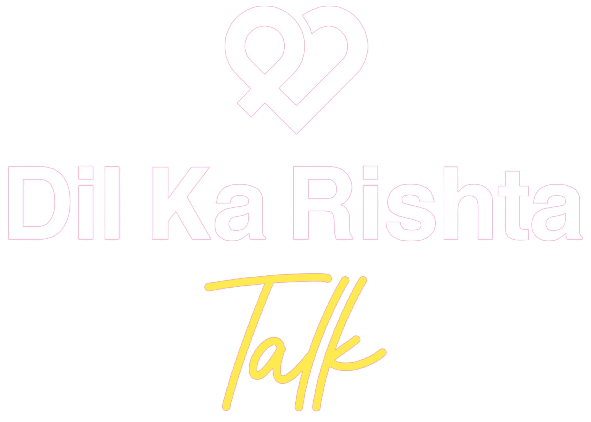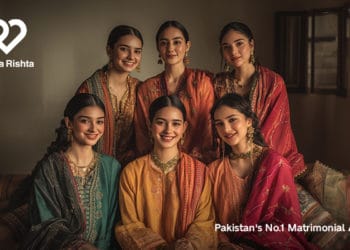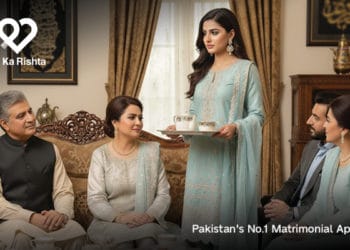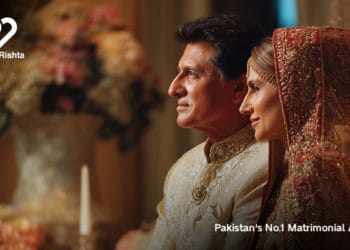In Pakistan, the societal landscape is experiencing profound transformations, especially in how women perceive and engage in matrimonial alliances. Central to this change is education, a powerful catalyst for empowerment. The phrase “Empowering Women through Education: A New Era for Pakistani Marriages” perfectly encapsulates the dramatic shift towards more equitable, enlightened relationships, thanks to the increasing educational opportunities for women.
The Role of Education in Women’s Empowerment
Education goes beyond mere knowledge acquisition; it is a vital empowerment tool. Historically, many Pakistani women faced restricted access to education, which in turn limited their roles within both public spheres and family life. However, recent governmental initiatives are ensuring that more women not only attend schools but also move on to higher education, thereby enabling them to assume roles of decision-making and leadership. This shift not only enhances women’s contributions to their communities but also redefines their roles in families, promoting a balance previously unseen.
Transforming Marital Dynamics
Traditionally, Pakistani marriages involved clearly defined roles: women handled domestic duties while men were the primary breadwinners. This dynamic is changing as more educated women enter marriage. These women are recognized as equal partners, bringing both economic contributions and intellectual perspectives into the familial unit. This not only enhances the quality of marital relationships but also influences family planning and child-rearing practices, leading to more balanced household dynamics.
Educational Grants and Marital Choices
Financial barriers often prevent women from pursuing education. Addressing this, initiatives like the Benazir Taleemi Wazaif provide essential financial support, enabling women to access educational opportunities otherwise beyond their reach. This support is pivotal, empowering women with the autonomy to make informed decisions about their lives, including their choice of spouse, timing of marriage, and the nature of their marital relationships. The result is a new era where marriage is increasingly viewed as a partnership between equals, with education laying the foundation for this paradigm shift.
Impact on Societal Norms
Educating women significantly impacts societal norms. As education becomes more accessible to women, there’s a noticeable shift in perceptions regarding appropriate ages for marriage and the roles women should play within it. Families are beginning to value educated daughters, recognizing that they bring substantial benefits to the family, not just in terms of income but also in raising educated children, thus perpetuating a cycle of learning and empowerment.
Success Stories from the Ground
Countless success stories across Pakistan illustrate the transformative power of education on women’s lives and marriages. From rural areas where educational access was once severely limited to urban centers where higher education is more accessible, the narrative of women’s roles within marriages is being rewritten. These women are becoming community role models, advocating for education, and inspiring a new generation of girls to follow in their footsteps.
The Future of Pakistani Marriages
The influence of educational initiatives on Pakistani marriages is expected to increase. The demand for educated women in marriage is growing, promoting a continuous cycle of education that benefits entire communities. The future of Pakistani marriages thus revolves around educated women, who drive societal change and foster a culture that values knowledge and equality.
Conclusion
The empowerment of women through education is forging a new era for Pakistani marriages, emphasizing the value of education in enhancing the social and economic fabric of the country. By enabling women to be not just participants but leaders in their communities, Pakistan is building a stronger, more equitable future, ensuring that the benefits of education extend beyond individual women to the nation as a whole.
